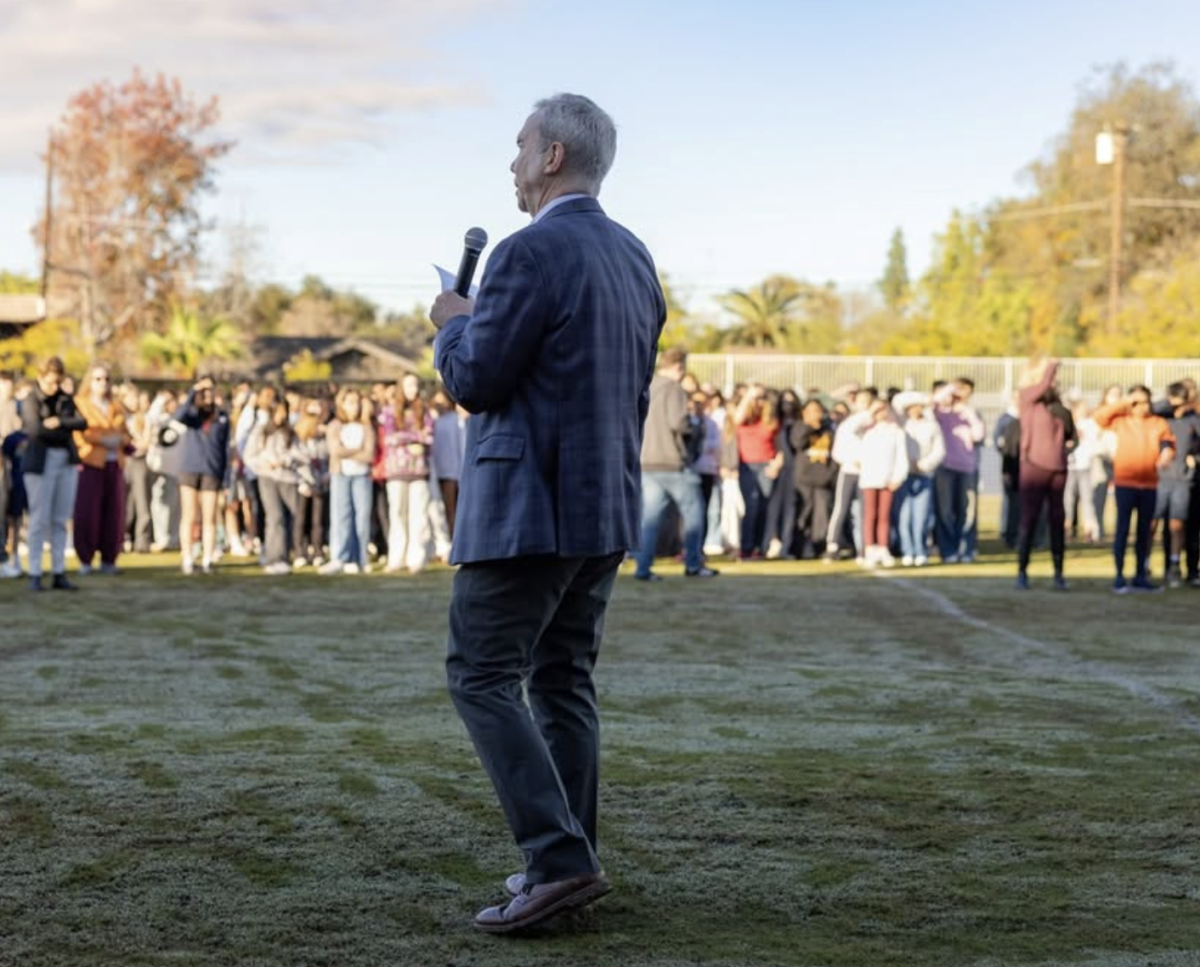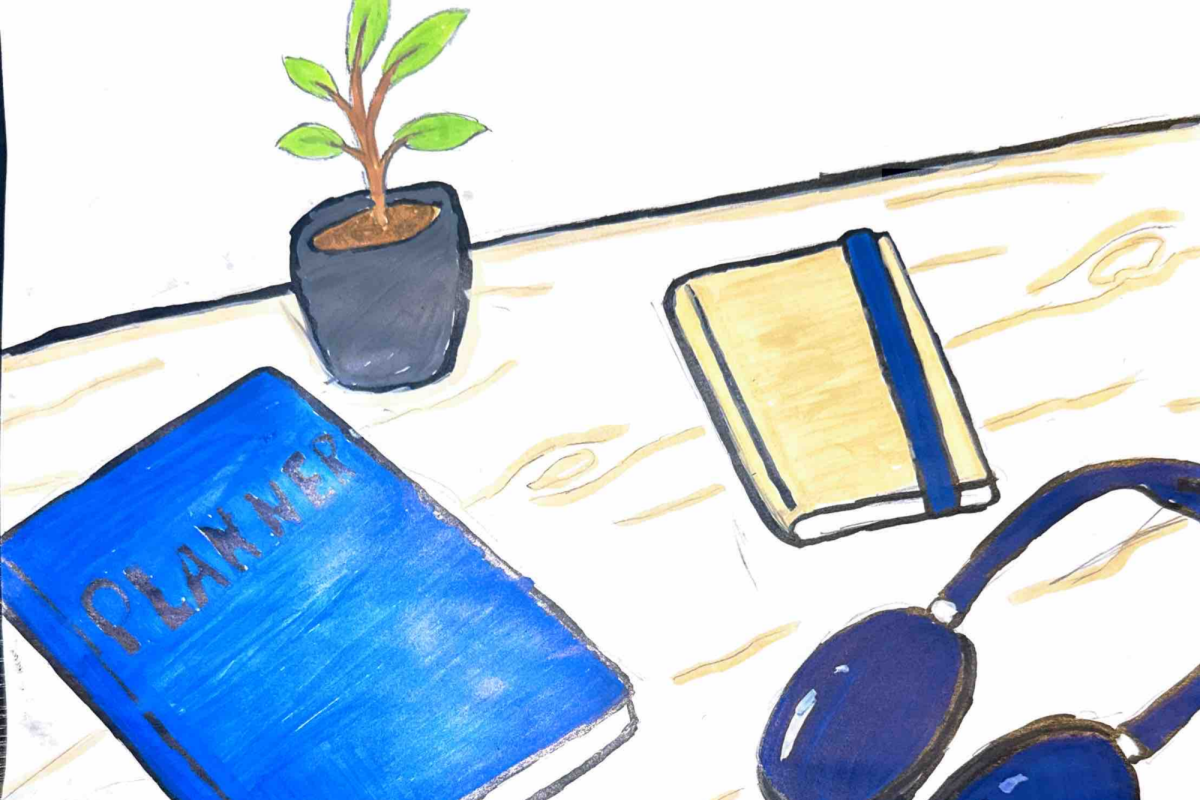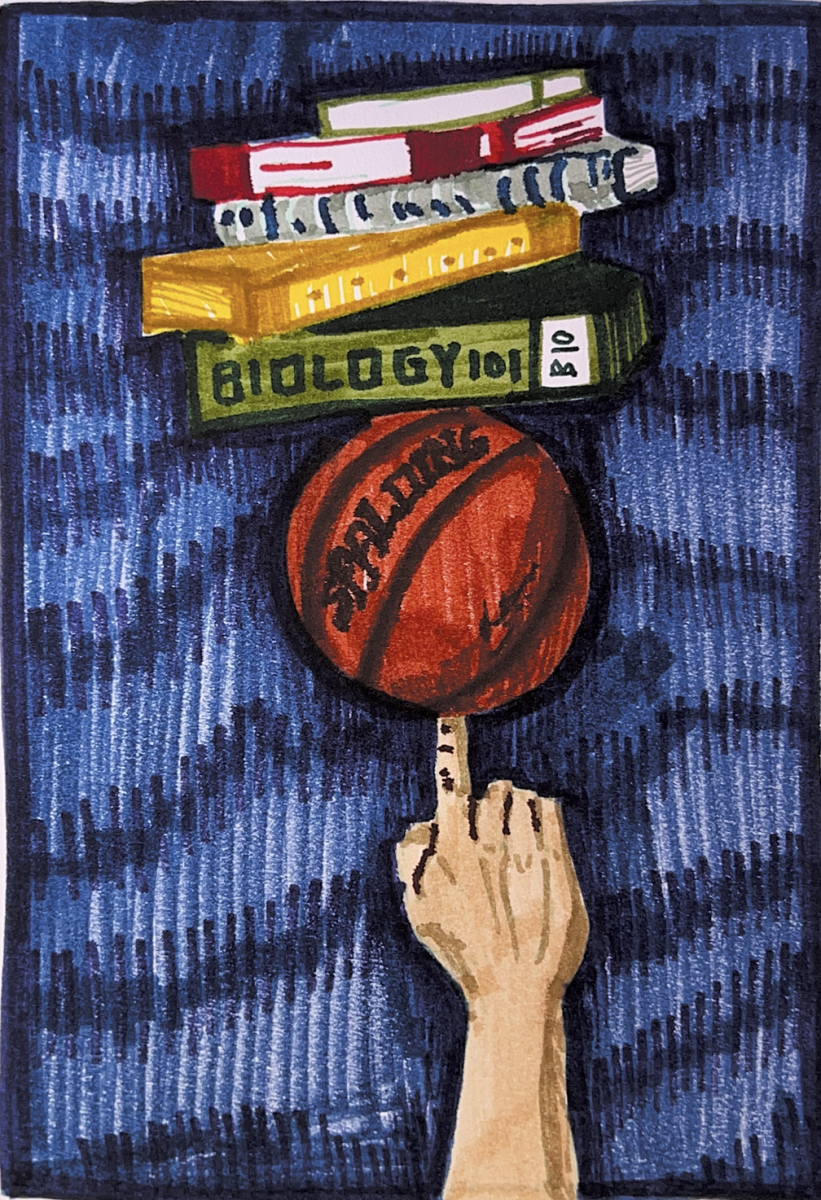In a time when the internet and home routines shape our lives, social media has put forth a trend: the art of romanticizing life.
As I scroll through Instagram, snapshots of my friends’ laughter, golden-hour afternoons and meticulously arranged heart-shaped cakes grace my feed. Meanwhile, from the comforts of home, I always keep my windows open to the fresh evening breeze, turn on my crystal lamp and play Bossa Nova Jazz in the background of my EdPuzzle math lesson.
Whether through YouTube creators’ silent makeup unboxing videos, TikTokers’ “clean girl” morning routines, captivating “travel diaries,” or morning coffee, everyone seems to be celebrating the beauty of the everyday.
This trend, whether showcased on social media or savored for personal pleasure, has gained significant popularity over the past few years and serves as a much-needed reminder for us all to appreciate the little things in life.
At its core, romanticizing life seamlessly intersects with the concept of mindfulness.
“Mindfulness is awareness that arises through paying attention, on purpose, in the present moment, non-judgmentally,” commented Jon Kabat-Zinn, the creator of the Stress Reduction Clinic at the University of Massachusetts Medical School.
Acts of romanticization, including appreciating the art of one’s ordinary activities like cooking, journaling, music, walking and quiet moments not only promote cherishing the here and now, but also offer a powerful and harmonious tool to manage pressures and stress.
These practices enable us to embrace mindfulness, leading to a sense of agency and control in our lives as well as enhancing one’s overall well-being. The ability to slow down and appreciate the present moment can be a game-changer in the competitive, overwhelming world of high school.
At Poly and elsewhere, where students often face pressure to meet expectations and achieve, a “mindfulness” mindset offers a valuable respite. It empowers students to reject materialistic messages and think minimally, finding fulfillment in experiences rather than material possessions.
By decluttering their lives and focusing on what truly matters in the experience, students can reduce stress, increase motivation and find contentment overall. In a high-pressure academic environment especially, it is important for us students to transform daily activities, even the mundane ones, into moments of wonder.
Sophomore Ellery Engstrom finds a way to “romanticize” her day-to-day study experiences to increase her productivity and motivation. She shares, “I occasionally enjoy lighting candles while I study and when I really need to focus. A clean setting positively affects how I work.”
The lessons of this trend are universal, extending far beyond the realm of social media. Embracing mindfulness and finding joy in simplicity offer a counterbalance to the usual high-stress lifestyles a competitive environment entails.
So, take a moment to read something purely for enjoyment, lengthen your daily routines and reconnect with nature. In doing so, you may not only find greater balance and happiness in your life but also discover the true beauty in the everyday.


























